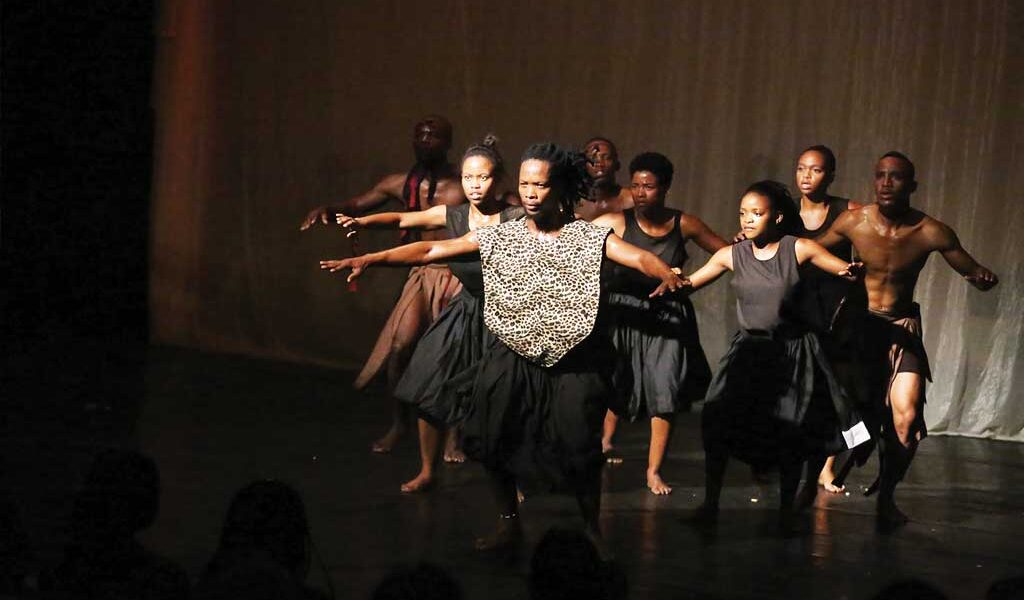LAME BOGATSU
Over the years, the Maitisong festival has managed to secure itself a loyal fan base of people who have a broad appreciation of the arts.
Not only has the number of categories increased but the number of participants has risen each year. This comes as no surprise since the country now has more institutions of higher learning which are actively building the creative arts industry. Even the University of Botswana which once mainly focused on the academic has a fully fledged Faculty of Performance Arts.
Although the Maitisong Festival Director Gao Lemmenyane has in the past decried poor support from Batswana, citing poor attendance, loyal festival goers approach the annual event as if it were a sport which they fanatically turn up to religiously.
In itself, keeping up with the festival shows requires dedication, especially considering that one can attended up to four scheduled performances in a day. It also requires a high level of organization to master the programme of the festival and to always have one’s ear on the ground to avoid disappointment.
While the festival is capable of springing a surprise every now and again with such talents like Mophato Dance Theatre, Donald Molosi, Tefo Paya Productions and Sky Blue, there is the usual monotony of the same artists who do more or less the same thing year in year out, leaving one with a feeling of disappointment.
When young performers like Moduduetso Lecoge come, one hopes they revolutionize the festival and give it something new, but when they begin to perform one gets trapped in the same old glum of the same old storyline, lack of depth and experience. Although Lecoge for instance did well in the didactic elements of Woman of Many Firsts, the play in which she played her grandmother Dr Gaositwe Chiepe, she failed to get into character and did not portray Dr Chiepe any more creatively than you can Google her for yourself. The same can be said about Sky Blue Dance hub who while did a good job of connecting with the audience, seemed utterly unpolished despite being capable of delivering better with their unique way of telling stories.
Behind closed doors some major players in the arts admit that the festival has grown stale. Some say they only attend when they perform, while others say they have stopped attending because performances have an overwhelming lack of authentic content; “Quantity takes precedent over quality,” one said. They however say they cannot make their views public because they fear it could lead to them being excluded from the festival.
Maitisong Arts Festival founder David Slater says while it is difficult to say whether the festival has grown, there are areas that have developed while others are still lagging behind. He cited drama as one of the aspects that needs more polishing. “I do see more energy this year as compared to the last year though the content is a bit staler. I think some quite accomplished actors or artists have moved on to tell stories that are quite remarkable that touch on gender, sexuality and the like, but on the other hand the majority is still presenting stories that are very shallow which lack depth and precedence and it is heartbreaking for such to still be happening in this age,” he lamented.
The burden which the festival carries perhaps, is that of trying to stay relevant to everyone, trying to ensure there is something for everyone to see; this comes at a price because some of the performances are irrelevant for people who have a more discerning and critical eye. Theatre directors and actors need to understand that in an information era like this where the environment is always ladden with remarkable political and social developments, the expectation for authenticity is greater and theatre goers need more compelling and refined stories.

